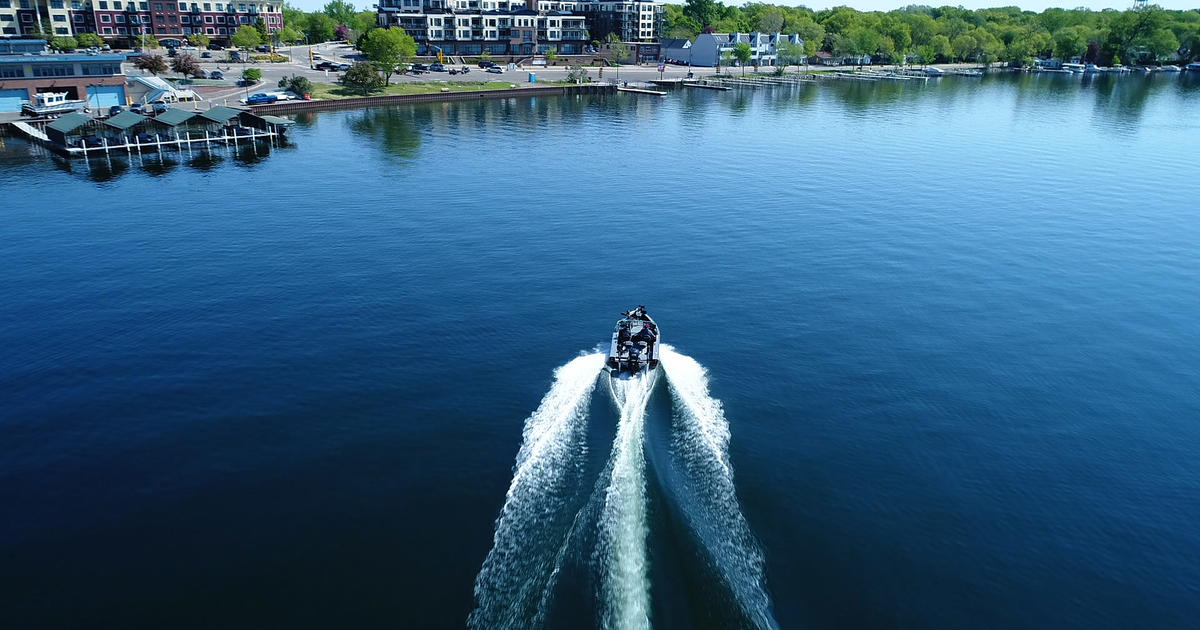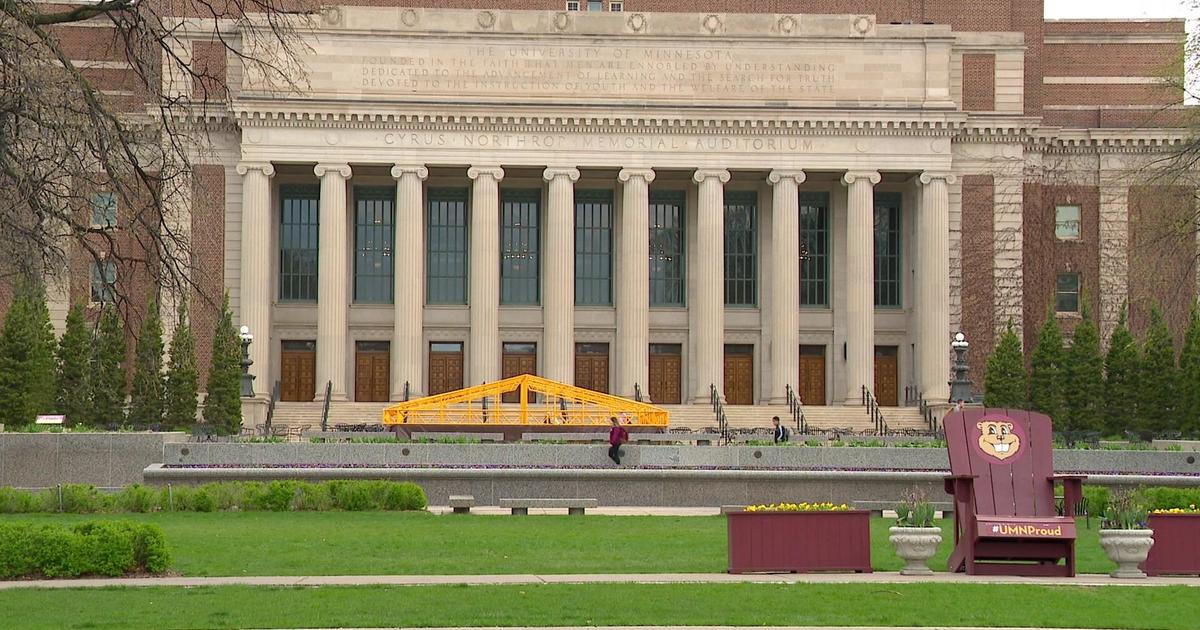Good Question: Is All This Snow Bad For Animals?
MINNEAPOLIS (WCCO) -- With up to 30 inches of snow on the ground in parts of Minnesota, we know this snow is a pain for humans. But we don't need to find food in all of that stuff. So, what does our December snow do to the animals?
It depends on the animal, according to Carrol Henderson, nongame wildlife supervisor with the Minnesota Department of Natural Resources.
"For a lot of our native wildlife species, they're adapted to Minnesota winters," said Henderson.
For example, rough grouses love the snow.
"Some species, like the rough grouse, they actually burrow into snow and sleep at night, because the snow is actually insulation for them. And they actually do worse when there's no snow," said Henderson.
All animals store fat and energy leading up to the winter. So, this early, heavy snow cover is less of a problem right now than it would be in March, for example.
"The fat reserves on some of the animals will be getting lower and, at that point, the existing food supply becomes a bit more critical," he explained.
The DNR does put track that statistically, using something called the WSI.
"There's a Winter Severity Index, which kind of talks about how cold has the winter been and how much stress is it facing on the wildlife. Once we get farther into the winter, they will be tracking that," said Henderson.
But the snow can already cause trouble for deer looking for food.
"If you're a deer trying to break the trail through the forest and find food, this may put them stress for awhile," he said. It takes more energy to dig through snow to find food.
And it's certainly bad news for pheasants, but not because they're hungry. Pheasants are not native to Minnesota, and they haven't really learned how to hide and stay warm when the snow covers up their habitats.
"Pheasants are really vulnerable to a really severe winter," said Henderson.
What about squirrels? Naturalists have observed them digging through a foot of snow to get to the nuts they've buried. But it's early and they probably don't have to get to it just yet.
"Don't panic. Wildlife is smarter than we give them credit for," Henderson said.
WCCO-TV's Jason DeRusha Reports



